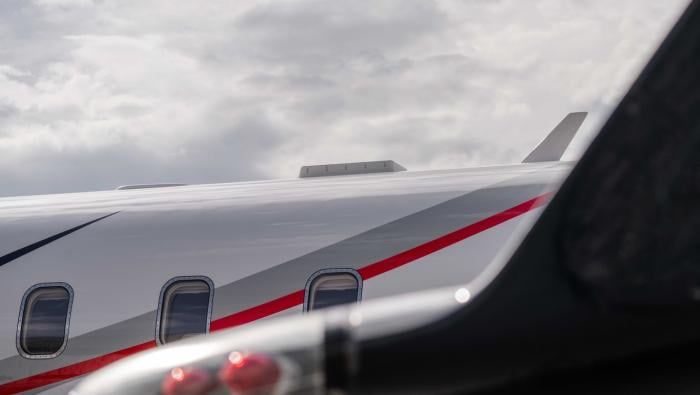There were many times during my years as a mechanic when I was working totally exhausted, but for a number of reasons I continued past the point that I was in danger of causing damage to an aircraft or to myself. For years many of my coworkers and I believed that we were OK to work and not impaired by a lack of rest.
Today’s mechanics often have the same attitude. I have observed many working well past the point that they should just go home and sleep. For most mechanics today that just doesn’t happen. With pay reductions and the cost of living increasing, most mechanics need to work overtime or face some serious lifestyle adjustments. Quite a few have told me that they would leave their present position if the amount of overtime were reduced.
I know a few mechanics who did resign from an airline mechanic position to work in a non-aviation position. I have seen A&P mechanics repairing cranes on the waterfront, driving railroad locomotives, repairing marine equipment and so on. There is life outside aviation and it doesn’t often include working midnights.
Anyone who has worked midnights will tell you how difficult it can be to stay rested every day. So many things can interfere with your rest time if you work at night and sleep during the day. Family, friends and noise all seem to come together to impede your ability to get proper rest. This is nothing new. Industrial societies have been trying to deal with these issues for a long time.
However, in aviation we have some federal rules about required rest. For the Part 121 air carriers and the repair facilities that work for them there is a regulation intended to ensure mechanics are relieved from work to get some rest. That rule has proven to be ineffective. There are some ways around the regulation, just as there are ways around the rule for flight crew’s duty day. There have been accidents with loss of life in which fatigue has been shown to be a contributing factor. (The NTSB has made several recommendations to the FAA about this subject. See story on page 1.)
There has been considerable research on the fatigue issue in aviation, and–considering only personal injury and equipment damage–the cost to our industry has been high. Add in the loss of productivity and the cost of mistakes made by mechanics and the price gets even higher.
The data from the Aviation Safety Reporting system administered by NASA for the FAA shows that fatigue is reported as a factor in events very often. It has become clear that something needs to change.
That change might be in the works. I recently participated in an FAA-sponsored fatigue conference intended to address that issue as it relates to pilots, mechanics, dispatchers and ramp workers. It is truly a global fix for aviation. This fatigue conference was the signal that the process has begun. It will take several years before the average maintainer sees the changes to the rule, but the industry will be pushed into taking some action even before the rules change.
Some of the issues raised during the event included mechanics working more than 24 hours, from overtime or shift swapping, without any real break to rest in a proper environment. Another issue is mechanics who work more than one job, which has become a necessity for some mechanics hit by pay cuts. In some parts of the country the commute time to work is an issue. Two hours one way can be normal in some locations. Then there are the mechanics who travel with the aircraft who sit in a passenger seat for hours then service the aircraft while the crew goes to the hotel. Often these mechanics are still working on the aircraft when the crew returns to continue the flight.
Other factors, including stress, contribute to fatigue. Today we all are working with reduced staff, and that can cause both physical and mental stress. We all carry some stress into work from home every day and occasionally that can be considerable. Usually we can control that stress, but when we can’t we quickly find ourselves feeling mentally fatigued, which has the same negative outcome as being physically worked to exhaustion.
We should not forget the effects of our environment on our bodies. There is
considerable research that demonstrates that the effect of temperature on fatigue and stress levels. For example, as the temperature increases, we feel more fatigued. This also works the other way; as the temperature goes down, your stress levels go up. Your body works harder to maintain the correct internal temperature and after
a while that wears you down. Even the amount of light in your work area can affect how fatigued you become. Too much light under certain conditions can be as bad as too little light.
It is my intention to update you on the progress the industry makes with regard to fatigue. The final product will affect all of us.







